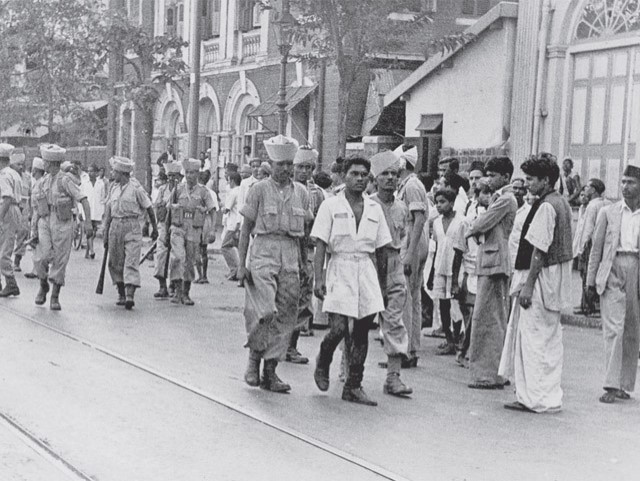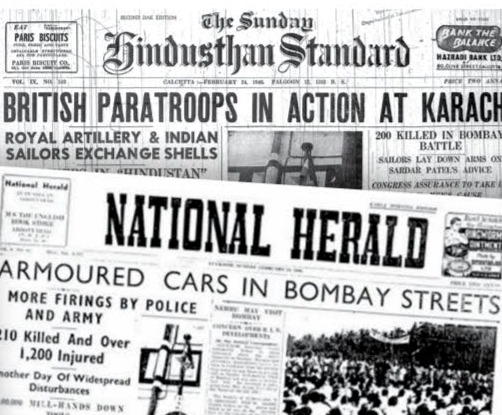
Today is the death anniversary of #TipuSultan
There were only two kings that the British feared the most.
1) Tipu
2) Ranjit Singh
Tipu Sultan & Ranjit Singh did far more than any other Indian ruler to stop the British from taking over the entire Indian subcontinent.
#Thread
There were only two kings that the British feared the most.
1) Tipu
2) Ranjit Singh
Tipu Sultan & Ranjit Singh did far more than any other Indian ruler to stop the British from taking over the entire Indian subcontinent.
#Thread

The 1784 Treaty of Mangalore was the last time when an Indian ruler (Tipu Sultan) dictated the terms to the Defeated British.
After the defeat in the Second Mysore War, the British under Lord Cornwallis formed a triple alliance with the Marathas and the Nizam against Mysore.
After the defeat in the Second Mysore War, the British under Lord Cornwallis formed a triple alliance with the Marathas and the Nizam against Mysore.
FACT: The 1784 Treaty of Mangalore was seen by many in London as the beginning of the end of the East India Company (EIC). After the Treaty, stock prices of the East India Company dived and Pitt’s India Act was introduced.
Inshort, the Nizam and Marathas gave British a lifeline.
Inshort, the Nizam and Marathas gave British a lifeline.
Tipu also once surrendered his weapons at Kollur Mookambika temple & offered his prayers to ‘Devi’
After the Marathas raided Sringeri Mutt in 1791, Tipu offered his support to the Shankaracharya. The Sringeri Mutt possesses 47 letters addressed by Tipu to the then Shankaracharya
After the Marathas raided Sringeri Mutt in 1791, Tipu offered his support to the Shankaracharya. The Sringeri Mutt possesses 47 letters addressed by Tipu to the then Shankaracharya
Tipu Sultan ruled Malabar directly only for six years. Casteism in Kerala was brutal and Tipu was disgusted by the practice of Dalit and Thiyya/Ezhava women not being permitted to cover their breasts. Tipu forbade these practices, which was resented by the Upper Castes.
The British feared the Mysorean rockets& Treaty of Amritsar kept Punjab safe. The British feared the Sikhs and largely ignored them.
Their main aim was Deccan and Eastern India. After the fall of Tipu, things got easier for the British and then they turned towards rest of India.
Their main aim was Deccan and Eastern India. After the fall of Tipu, things got easier for the British and then they turned towards rest of India.
NASA paid tribute to Tipu Sultan's contribution to Rocket Technology by hanging this painting of Tipu Sultan's Army fighting the British with Mysorean rockets (1780 Anglo Mysore War) on their main reception lobby at NASA's Wallops Flight Facility at Maryland (USA).
After the defeat of Tipu Sultan, the British took the blue print and technology of these Mysorean rockets back to Europe and renamed then as Congreve rocket.
33 years later, on Oct 1813, the British used these Congreve rockets against Napoleon's Army at the Battle of Leipzig.
33 years later, on Oct 1813, the British used these Congreve rockets against Napoleon's Army at the Battle of Leipzig.
In the War of 1812, Congreve rockets were used by the British in their attack on Baltimore, USA.
Witnessing this attack was Francis Scott Key, who was inspired by the "rockets' red glare" & he penned the Star Spangled Banner, which became the official national anthem of USA.
Witnessing this attack was Francis Scott Key, who was inspired by the "rockets' red glare" & he penned the Star Spangled Banner, which became the official national anthem of USA.
Battle of Plassey + Defeat of Tipu & Napoleon made Britain the rulers of the World. They controlled the Indian Ocean and the Opium Trade (which crippled Imperial China).
If not, the entire world history would had been very very different.
If not, the entire world history would had been very very different.
The Nizams of Hyderabad
The Marathas
The Travancore Kingdom
Patiala State
Gwalior State
All helped British in the one way or the other. But all 5 are decorated today in history.
That's how Indian History works. The heroes are demonized as villains & cowards as Heroes.
The Marathas
The Travancore Kingdom
Patiala State
Gwalior State
All helped British in the one way or the other. But all 5 are decorated today in history.
That's how Indian History works. The heroes are demonized as villains & cowards as Heroes.
i) The painting at NASA.
ii) Painting of Tipu Sultan at 30 years of age by Johan Zoffany (German neoclassical painter) in 1780. Now in Darya Daulat Bagh, Srirangapatnam .

ii) Painting of Tipu Sultan at 30 years of age by Johan Zoffany (German neoclassical painter) in 1780. Now in Darya Daulat Bagh, Srirangapatnam .


Tipu Sultan was a complex, controversial personality who can neither be branded as a religious bigot nor be branded as a benevolent ruler.
But the British feared Tipu the most because he was the ally of the French (Napoleon) and was a modern technocrat in military affairs.
But the British feared Tipu the most because he was the ally of the French (Napoleon) and was a modern technocrat in military affairs.
The Mughals and British never touched the underlying caste structure in India, but Tipu did it in Malabar. Tipu's arrival led to the decline of the old feudal order in Malabar.
I can write about Tipu all day but it will become a long thread.
#ThreadEnd
I can write about Tipu all day but it will become a long thread.
#ThreadEnd
Tipu had a blind elephant, which he loved the most.
Tipu made a Paccha lingam (Jade) and installed it in Nanjangud temple. Tipu then went to the temple with his blind elephant for 41 consecutive days & daily applied a special temple paste on the eye of the elephant and prayed.
Tipu made a Paccha lingam (Jade) and installed it in Nanjangud temple. Tipu then went to the temple with his blind elephant for 41 consecutive days & daily applied a special temple paste on the eye of the elephant and prayed.
• • •
Missing some Tweet in this thread? You can try to
force a refresh












